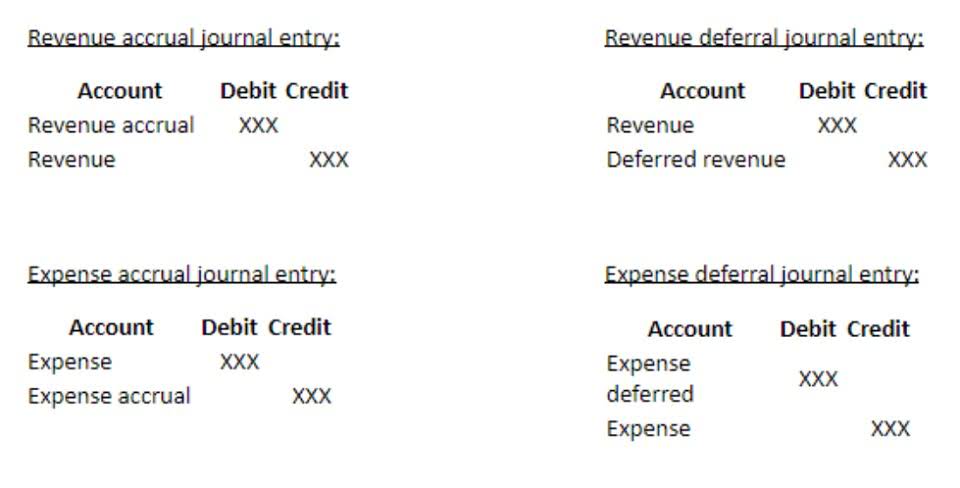Content
- Bookkeeping vs. accounting: What’s the difference?
- Bookkeeping 101: Understanding Your Balance Sheet
- Why bookkeeping matters
- The Best Bookkeeping Software for Small Businesses
- Maximizing Tax Savings: Why Small Business Owners Should Write Off Business Expenses
- Let Protea Financial Help You Understand Bookkeeping Basics or Track Your Expenses For You

That way, you’ll always know what’s happening in your business and make the best financial decisions. Bookkeeping is a core part of business finances and can impact the growth and success of your small business. It can encompass a variety of tasks — from basic data entry in a software platform to working with certified public accountants — and is the backbone of your accounting and financial systems. Scalability is often a major concern for startups, and outsourced bookkeeping services can address this.
Outsourced bookkeeping services can range in price, but you’ll only be paying for the time and services you need. On average, outsourced services range from $500 to $25,000 per month. While having an in-house, always-on finance expert on your hands may seem like a great idea for startups, it’s not always the most effective solution. With outsourced bookkeeping services, you can access experienced professionals with specialized knowledge and technology at a fraction of the cost.
Bookkeeping vs. accounting: What’s the difference?
These accounts and their sub-accounts make up the company’s chart of accounts. Assets, liabilities, and equity make up the accounts that compose the company’s balance sheet. With virtual bookkeeping, you get on-demand insights into your financial data. Another benefit of cloud accounting is sharing access between yourself (or your team) and the bookkeeper. You can quickly analyze trends, identify opportunities, and assess risk with just a few clicks.
Doing so lets you produce financial statements, which are often a prerequisite for getting a business loan, a line of credit from a bank, or seed investment. By opening a new bank account, you can keep your personal finances and your business dealings separate so there’s never any confusion between the two. When it’s time to do your books, you’ll easily know where to find the financial information you need. Fully automated accounting software makes keeping your books as easy as possible. Enter some basic business information and we’ll send you up to five free quotes customized to your unique bookkeeping needs.
Bookkeeping 101: Understanding Your Balance Sheet
There is typically at least one account for every item on your company’s balance sheet and income statement. If you’re a busy small business owner with a million things to do, it’s easy to let bookkeeping fall by the wayside. You could go with one of dozens of popular cloud accounting solutions, like QuickBooks, Xero or Wave.
Is bookkeeping a hard skill?
While this process is vital for a company to have an accurate understanding of the earnings and expenses, it is not a particularly difficult job to do. However, It does require a high level of attention to detail, organizational skills, and knowledge of basic accounting practices.
Whether you’re starting out as a new business owner or have been running an online store for years, learning how to track your expenses and revenue can feel like a huge challenge. As a sole proprietor, freelancer, or small business owner, you can choose between using a traditional hand-written ledger, spreadsheet software, or accounting software. Keep in mind that in most cases, you can edit the chart of accounts to better suit your business. It’s also a good idea to become familiar with the accounts included in your chart of accounts, which will make it much easier when you begin to enter financial transactions. If you run a very small business, you might be able to manage your bookkeeping with accounting software, saving yourself time and money by using free options.
Why bookkeeping matters
This is all the cash that flows out from your business, such as utilities and employee salaries. The government has launched a new scheme — Making Tax Digital — which does exactly what it says on the tin. Tax is going to become digital and that’s a good thing, as you won’t have to store stacks of papers and receipts as year-long books can be done within minutes. An audit trail means you’ll have your invoices in order and you can retrace your steps easily if there’s one tiny error.

Bookkeeping is essential to managing your finances and running a successful business. With the help of the Protea Financial experts, you can better understand bookkeeping basics. Assuming you’re starting from scratch, you first need to create a system for organizing your finances. This can be as simple as setting up folders in your email inbox or computer desktop or using a physical filing system.
The Best Bookkeeping Software for Small Businesses
If you’re doing your books manually, then it’s vital that you leave an audit trail. Your record keeping will be a lot more effective if you can quickly and retrace your financial activities — which is why software is a good option to consider as it can do this effortlessly. It can be difficult to track business expenses, but by https://www.bookstime.com/bookkeeping-101 using a business credit card, for example, you can make sure that all of your expenses are kept together and tracked. The easiest way of doing this is by categorising your bills into types of expenses to make things a lot easier. The above terms are really the most basic bookkeeping terms you should be aware of — to begin with.
There are also templates available to record credit card expenses, balance sheets, and basic accounting entries. Lenders and investors want a clear idea of your business’ financial state before giving you money. They can’t do that without looking into things like revenue, cash flow, assets and liabilities, which they’ll search for on your balance sheet, income statement and statement of cash flows. Use bookkeeping services or software to track trends you’re seeing from month to month, and think about how you’ll handle the upcoming month from a financial perspective. You can also pay special attention to any new projects, campaigns, or operational changes to see if they’re impacting your sales, your expenses, or both.
Maximizing Tax Savings: Why Small Business Owners Should Write Off Business Expenses
With this method, you can access accurate data and reports on an ongoing basis so that you’re never in the dark about your financial situation. This allows you to make important decisions quickly and confidently based on current information. A good bookkeeper also ensures that financial statements are accurate and readily available. Additionally, they can explain more complex financial terms and processes, giving you a deeper understanding of your startup’s financial standing.
This is also a great course to have anyone assisting you in this capacity attend, in order to have the best chance of providing accurate financial information. Current liabilities include the credit accounts and financing arrangements coming due in the next year, such as business credit cards and short-term https://www.bookstime.com/ loans. It also includes accounts payable, which are outstanding invoices you’ll pay in the next few months and the opposite of accounts receivable. Bookkeeping focuses on recording and organizing financial data, including tasks such as invoicing, billing, payroll and reconciling transactions.
Someone who excels in this role will take the burden off your shoulders so you can get back to other facets of the business. Starting a business and expanding it involves juggling a lot of spinning plates. Maintaining your financial books is a spinning plate that, if done poorly, can impact the spin of all of the other plates in your company. One of the worst things you can do for your startup is manage your own bookkeeping.

But fear not – here, we’ll break down bookkeeping basics so entrepreneurs, small business owners and intrepid leaders just like you can feel confident as you wade into these uncharted waters. If your business is a side project with a limited budget, you can probably get by going the DIY route. You might still consider consulting with a CPA or bookkeeper at the beginning, just to make sure you’re doing everything right. At tax time, the burden is on you to show the validity of all of your expenses, so keeping supporting documents for your financial data like receipts and records is crucial.